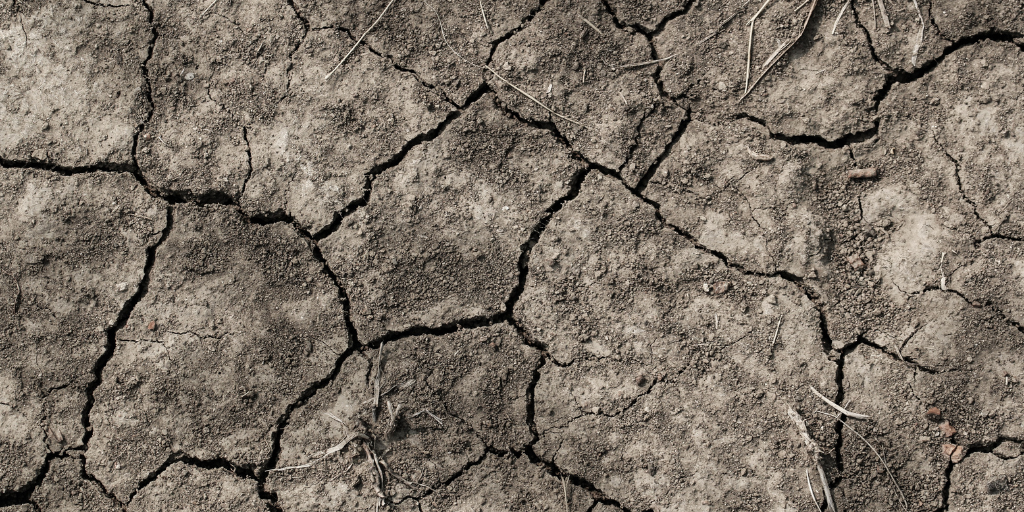If you’re in a hole, stop digging: a case study on Hungary’s plans to revisit shale gas and on the environmental, social and health impacts of fracking

Photo: Maud Correa via Unsplash
Briefing | 28 February 2023
In 2022, Hungary announced an energy emergency and, to address the crisis, plans to increase domestic fossil gas production. A key part of these plans was to develop an unconventional fossil gas (‘shale gas’) field in Békés county (the Corvinus project). The project was labelled a ‘high-priority investment’, which means that it could be approved through a quicker and less rigorous process. Gas production from this site started in January 2023. Shale gas is extracted from impermeable shale through an environmentally damaging and highly polluting process called hydraulic fracturing (also known as fracking). This technology, which is banned in some EU countries, can contaminate water sources and endanger people’s health; emissions from the process are a significant contributor to global warming.
This case study documents the Hungarian government’s plans concerning shale gas fracking and reviews the risks of fracking to fully understand its negative impacts on the environment, society and public health. Finally, it provides recommendations for Hungary’s decision makers.
Theme: shale gas
Location: Hungary
Project: Fossil gas
Tags: fossil fuels | fossil gas | fracking | shale gas
Never miss an update
We expose the risks of international public finance and bring critical updates from the ground. We believe that the billions of public money should work for people and the environment.
STAY INFORMED
